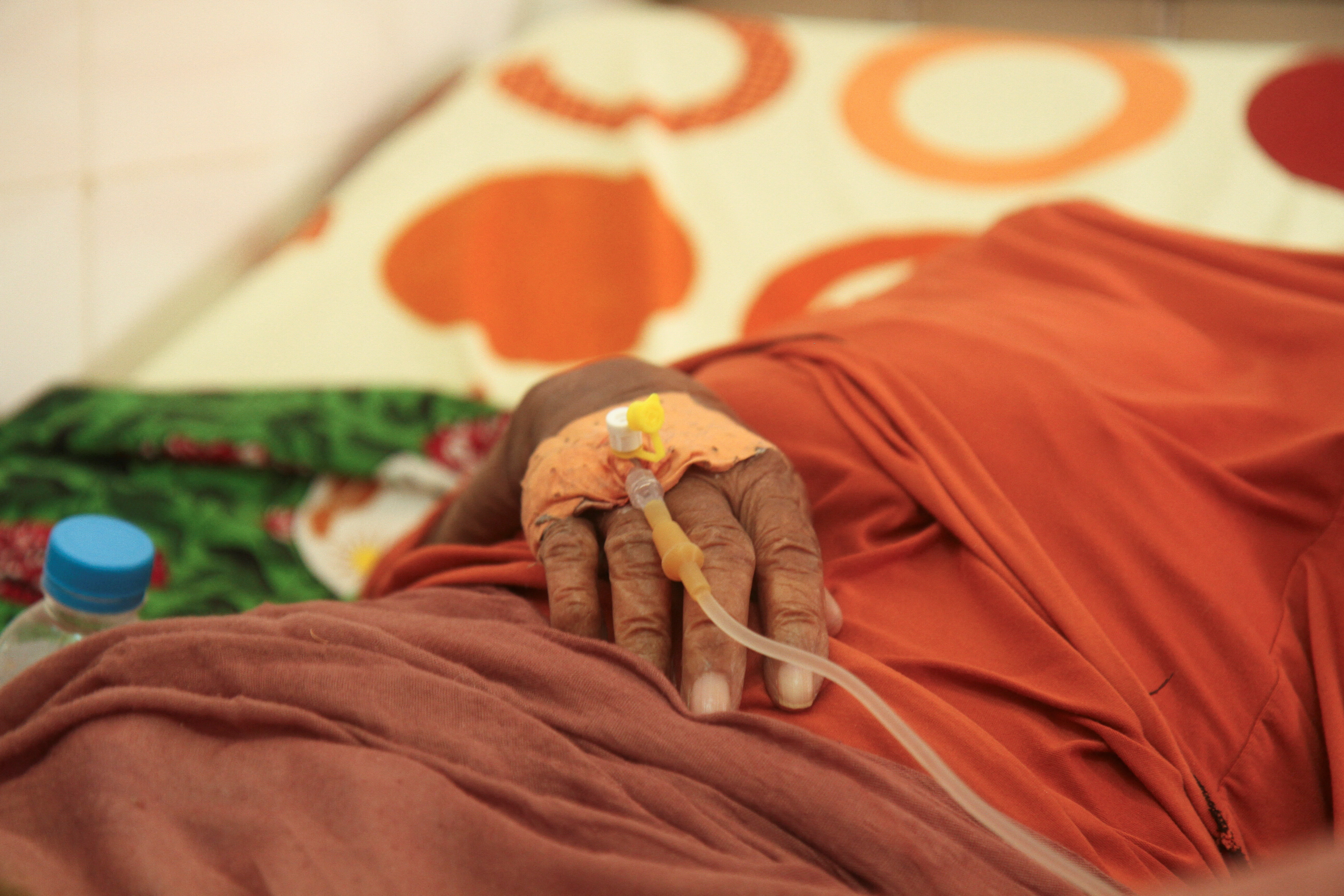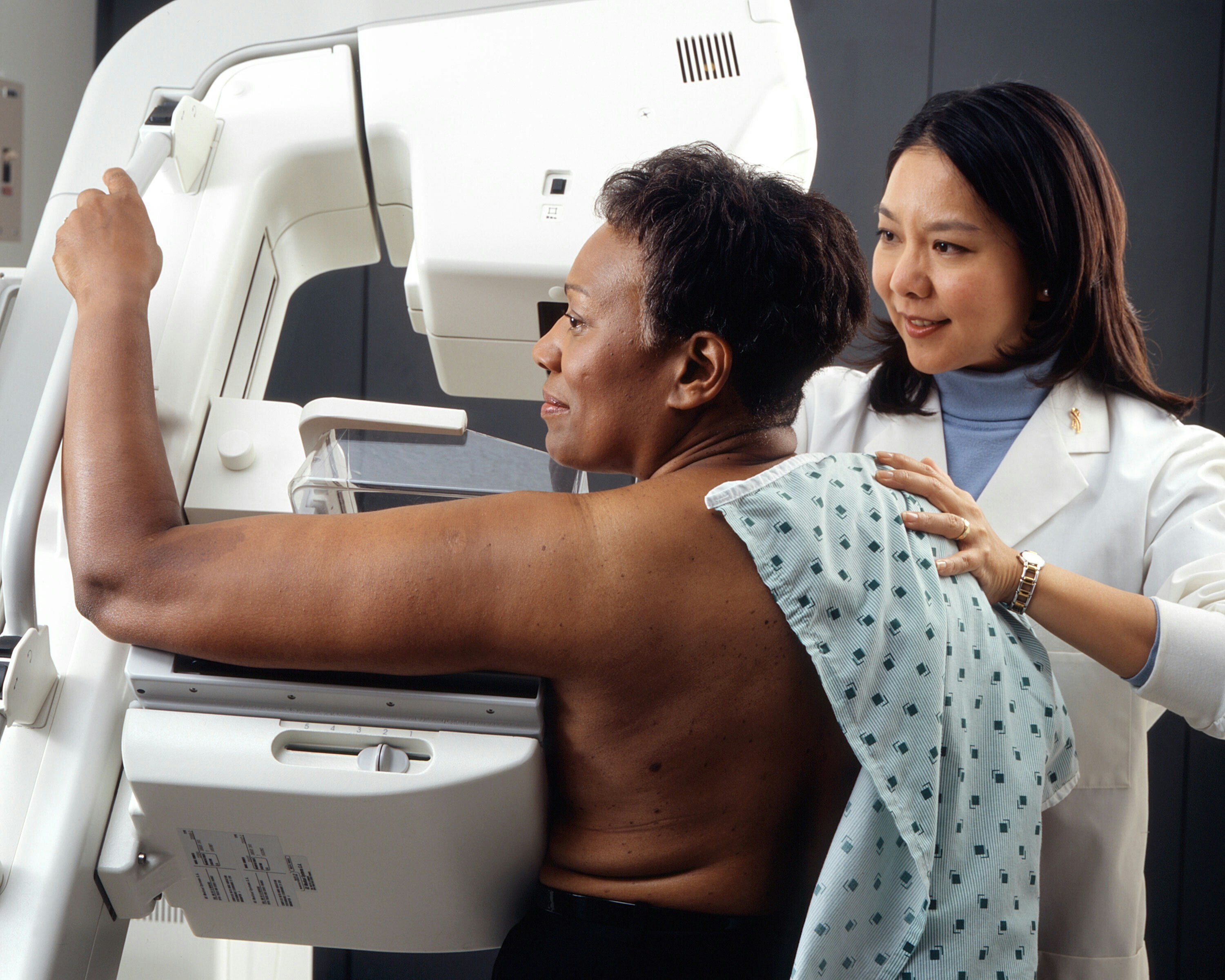How India's rural poor are coping with the coronavirus lockdown

Women walk through a deserted village in India during the lockdown, April 2020
Image: REUTERS/Danish Siddiqui

Explore and monitor how COVID-19 is affecting economies, industries and global issues
Stay up to date:
COVID-19
- COVID-19 and the lockdown have decimated incomes and threaten the food security of India's rural population.
- The aid promised by the government has yet to reach many households.
- As these examples show, investing in women's networks and entrepreneurship could be the best way forward.
It has been more than a month since India's Prime Minister, Narendra Modi, announced a complete lockdown across India with just a few hours' notice. At the time of his announcement, the country had no more more than a few hundred cases of COVID-19. However, Modi felt the country could not afford an outbreak of the virus. This is true, given that we have among the lowest access to and quality of healthcare in the world.
Mann Deshi is a rural women’s organization dedicated to the economic empowerment of women. We are located in Mhaswad, a drought-prone area of Maharashtra. We run the country’s first cooperative bank for and by rural women, 20 business schools, and chambers of commerce that help women micro entrepreneurs set up and grow their businesses. We also run a community radio station that reaches about 100,000 people.
The Prime Minister asked communities to band together and support each other. For the poor, who have few financial resources and no income coming in, this is an enormous ask. But we have been deeply inspired to see, all around us, thousands of acts of kindness and resilience. Small and marginal farmers have begun distributing their produce free of cost to vulnerable families in their villages; neighbours, who have barely enough to feed their own families, have begun sharing their vegetables from their kitchen gardens; and when our grassroots workers came up with a list of over 10,000 families who were facing food insecurity, a generous funder and community volunteers stepped forward to support the most vulnerable with essential food and hygiene items.

While immediate food relief is a concern, so is safety. Since income had dried up for most women, our field staff wondered about the possibility of making masks as a source of livelihood for some. Roopali Pavnikar, whose T-shirt making business had been suspended, offered her machines to cut large swathes of cloth. Ranjana Kulshetty, who makes jute bags, offered her 10 sewing machines to start making masks. As news of these women spread, others stepped forward – offering to procure, produce, distribute, train, and monitor quality. At a time when most were struggling to figure out how they would make ends meet, these women entrepreneurs, across geographies, bought sewing and cutting machines (a possibly risky investment) and started outsourcing work and hiring employees. Within a few weeks, 286 women had produced over 300,000 high quality masks. Our platform – through which we provided start-up capital, information on safety and quality and access to distribution channels – provided an opportunity for women to step forward as leaders and build their enterprise.
Little wonder then that the district collector – the top government authority in the district - reached out to us. There are three million people under his watch, and an enormous shortfall of personal protective equipment (PPE) and N95 masks. Could we support provide this to the district hospital and local clinics?
We worked with accredited social health activists (ASHA), who monitor the health of their villages. These are our nation’s front-line healthcare workers; tens of thousands of women who live in every Indian village, and who go door-to-door monitoring the health of their community. Unfortunately, they are also amongst the most poorly paid government workers. During this time, they regularly visit up to 100 households each, collecting detailed medical information and reporting COVID-19 cases or suspected cases to the state. And they are doing this with no protective gear. We have distributed masks and sanitizer to about 1,200 women and are setting up a counselling and support service for them.
Accept our marketing cookies to access this content.
These cookies are currently disabled in your browser.
Nearly one-quarter of India’s population lives below the poverty line and up to a half a billion people are employed in the informal sector, getting by on daily and weekly earnings. These include neighbourhood grocery stores, our grassroots micro-entrepreneurs and our farmers, who go out of their way to serve our many needs. They are central to our lives and to the health of our economy. Unfortunately, the public relief that has been offered is woefully inadequate, and, as of today, has not reached many of those in need. Millions are hungry for lack of work - and with no money to sow the next crop, an enormous food crisis looms.
Our experience offers possible solutions.
First, investing in women’s networks builds grassroots resilience, protects the vulnerable and allows innovative ground-up solutions to emerge. Our approach has been to focus on women’s entrepreneurship by providing working capital and training programmes. As women run businesses, and earn and control more income, they become decision-makers in their families and communities. This encourages other women to do the same.
Second, such networks are opportunities for both state and non-state actors to engage productively with large groups of grassroots women as partners. This builds goodwill and trust in local and external capacities and expertise in order to design mutually beneficial solutions together. Our mask-making programme is an example of a model that, with additional up-front private investment, is easily and quickly scalable. It can benefit thousands of micro entrepreneurs, the customers they serve, and channels resources to meet developmental goals. Our community radio is a platform for government authorities to reach large numbers through a trusted local source at the same time as providing an opportunity for those same groups to engage with authorities. It builds trust and strengthens bonds when it highlights the incredible service front-line government workers provide.
Third, our cooperative bank is now developing a warehouse receipt finance product for women farmers, which will offer a way to combat food insecurity and ensure farmers also earn a decent livelihood.
Investing in grassroots women’s entrepreneurship and their networks is where districts, states and nations must focus their attention. Now more than ever.
Don't miss any update on this topic
Create a free account and access your personalized content collection with our latest publications and analyses.
License and Republishing
World Economic Forum articles may be republished in accordance with the Creative Commons Attribution-NonCommercial-NoDerivatives 4.0 International Public License, and in accordance with our Terms of Use.
The views expressed in this article are those of the author alone and not the World Economic Forum.
Related topics:
Forum Stories newsletter
Bringing you weekly curated insights and analysis on the global issues that matter.
More on Health and Healthcare SystemsSee all
James See
November 7, 2025
Shyam Bishen
November 5, 2025
Naveena Nekkalapudi
October 31, 2025
Mariam Adebayo
October 30, 2025
Alexandros Pantalis
October 30, 2025





